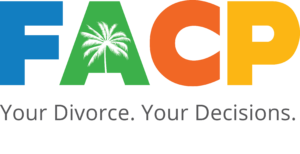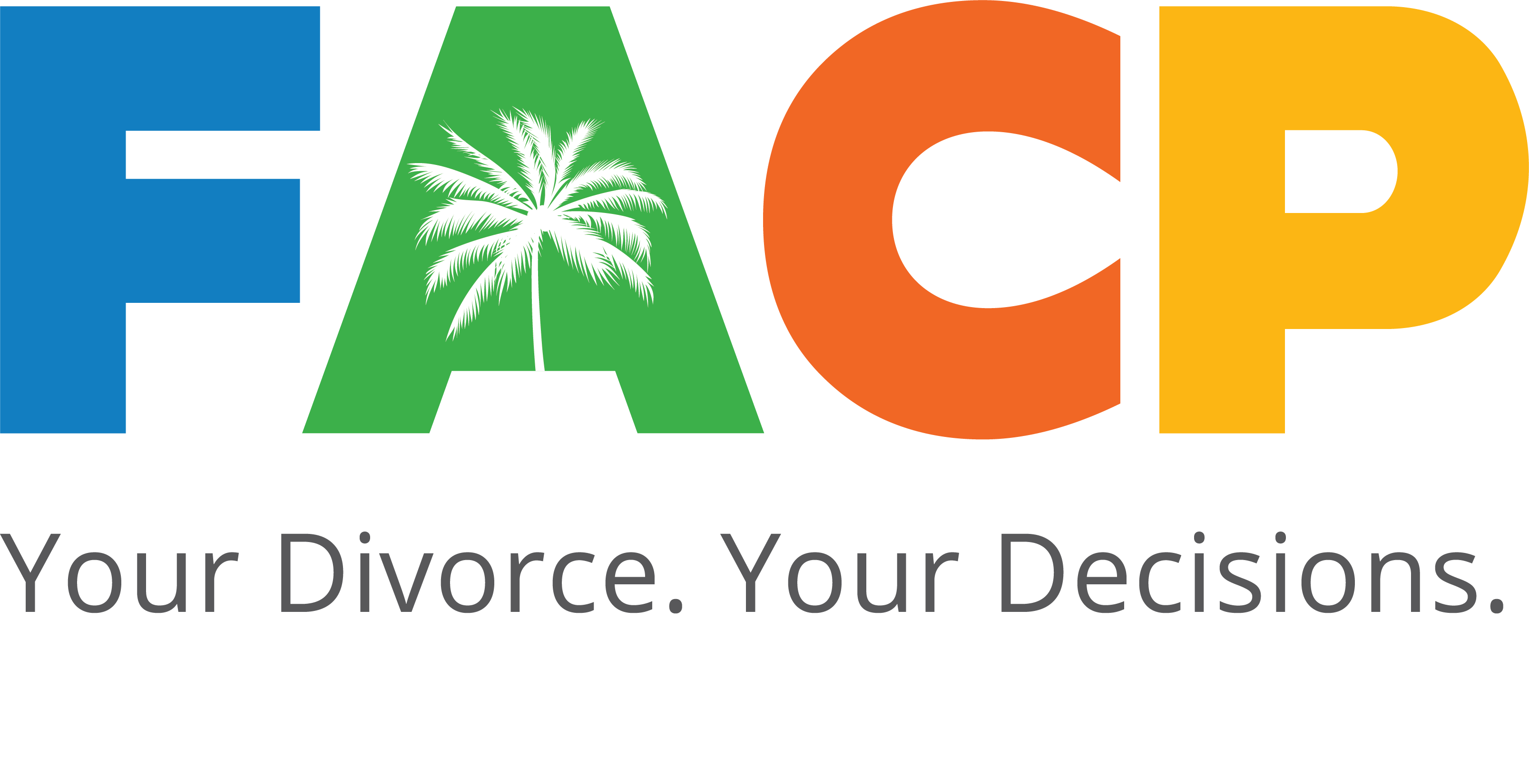
The Collaborative Process does not technically begin until both clients hire independent counsel and there is a signed Participation Agreement with a disqualification provision, if terminated. But for me, the Collaborative Process (the “Process”) begins with the initial interview of a family law client.

The Process begins by listening to the client’s issues and goals in managing and achieving a divorce. It begins by educating the potential client about the processes available to achieve their goals. And it begins with showing the client how the Collaborative Process can be most beneficial in maintaining a more positive atmosphere in securing their divorce and looking at the long game.
This discussion focuses on divorce clients, but I understand that the Collaborative Process is also useful for negotiating collaborative Life Planning Agreements, such as premarital, postnuptial, cohabitation, and other agreements my fellow collaborative professional, Joryn Jenkins, describes as helping “guide couples, and others involved, as they transition through life-changing events.”
Ethical Obligation to Discuss All Divorce Processes

Lawyers have an ethical obligation to discuss the different processes available before assuming litigation is the sole method for obtaining the divorce and filing suit. Too many untrained or anti-alternative dispute resolution attorneys feel it’s easier to sue and ask questions later. A lot mistakenly feel it’s more lucrative—at least it is for them—to sue.
Lawyers licensed to practice law in Florida are governed by the Rules Regulating the Florida Bar. Chapter 4 deals with Rules of Professional Conduct. Rule 4-1.4(a) states: “A lawyer shall: (2) reasonably consult with the client about the means by which the client’s objectives are to be accomplished.” Further, under Rule 4-1.2 Objectives and Scope of Representation (a) “…a lawyer must abide by a client’s decisions concerning the objectives of representation, and, as required by Rule 4-1.4, must reasonably consult with the client as to the means by which they are to be pursued.”

If for no other reason than the ethical requirements of the legal profession in Florida, a lawyer must commence the relationship with the potential client by explaining the different processes from which the client may choose to proceed with a divorce.
So why would a lawyer not conduct the initial interview by explaining the Collaborative Process and how it works as one alternative in achieving divorce? Might their silence stem from not knowing enough about the Process to explain it?
You Can’t Explain A Process You Don’t Know
Without knowing each method for obtaining a divorce, how does a lawyer explain the different processes available to the client? Without basic introductory interdisciplinary training in the Collaborative Process, how does an attorney properly explain it?
From my own experience, without such training, one cannot properly provide correct information about the Process. There is too much involved in the Process an untrained practitioner may miss.
For instance, before being trained, the disqualification provision of the Collaborative Participation Agreement made me unwilling to engage in the Process. Even if litigation lawyers discuss the Process with their client, many will point (as I did) to the disqualification provision as a negative and will recommend the client choose a different process.

It wasn’t until my initial and several more trainings that I realized the disqualification provision is a positive condition of the Process. It keeps all professional energy focused entirely on creative solutions to the clients’ issues, without lawyers having an eye on an exit that leads to court fighting.
Might the Collaborative Process Best Fit the Client’s Goals?

Unless you begin your initial interview with a mindset the Collaborative Process will likely be the process you will recommend, it will be harder to “sell” the Process to the client.
I ask the client about their goals for their divorce and the issues they’re concerned about. I assess if the client and spouse would be good candidates for the Process. I look for signs of domestic abuse, whether physical or mental; a power imbalance; and underlying motives such as wanting to punish the spouse or get revenge in the divorce. None of these automatically would disqualify a client from engaging in the Process. Getting the information allows me to think about appropriate safety measures that can be put in place for domestic violence issues and a Collaborative Team that might best fit all issues.
To Discuss Law or Not to Discuss Law?

Clients often want legal advice up front. I avoid providing legal advice in the initial interview or even until it becomes necessary to perhaps educate the client on realistic expectations, as required under Standard 3.2 B. of the FACP’s Collaborative Process Ethical Standards.
I know other Collaborative Professionals who believe otherwise. I recently attended a webinar in which the collaborative professional presenting told the mainly untrained attorneys in the room that, “the law is the starting point” of the Process. This was after presenting the adversarial/ litigation process as “positional” as opposed to the collaborative process as “interest-based.” The presenter then said, although we do not lean on the law, it provides a “backdrop” for the negotiation in the Process. This Professional is a successful Collaborative Professional, so there are different styles that can work.
Avoiding Position-Think
I have a variety of reasons for not discussing the law at the initial conference. I learned from my friend and one of my mentors, Kevin Scudder, that in the initial interview with a client, not only is there no reason to discuss the law, but it could also create a position the client will fixate on going forward. Moreover, “The Law” doesn’t necessarily predict the outcome.
There are so many factors when you try a case, including, the Judge in a blind filing system, the evidence, witness testimony, and your own client’s credibility. As a trial lawyer for most of my career, I can attest that a lot can happen at trial. I’ve lost some I should have won and won some I probably should have lost. Note the nomenclature: in trial, we talk about “winning” and “losing” and that is how the client also views litigation.
Discussing Interests and Goals

In contrast, the Collaborative Process is an interest-based process. It is not legal-based. Under Standard 3.2 A. of the FACP’s Collaborative Process Ethical Standards, “A Collaborative Professional will respect each client’s self-determination, recognizing that ultimately the clients are responsible for making the decisions that resolve their issues.” The clients get to make their own decisions on the resolution, notwithstanding what the law may provide and the lawyers must abide by their decisions. It is not a “win/lose” system. It is a method designed as a “win-win” system.
Why don’t I discuss the law when I first meet the client? I want to set the table to discuss how the Collaborative Process will be the right means by which to obtain the client’s objectives. To do this, I concentrate on the facts the client presents, their goals, and their issues. I take the proper amount of time, not rushing to judgment. In other words, I concentrate not on the law, but on them. Once I have this vital information, I determine if the Process will fit the client’s needs before discussing the actual Process.
Discussing The Collaborative Process
In discussing the Process, I discuss:

- how the Process works;
- the use of neutrals in the process;
- the cost effectiveness of the Process;
- the efficiency of the Process;
- the ability to control how quickly things can be resolved and finalized;
- the privacy and confidentiality of the Process;
- the benefits to the family; and
- other benefits of the Process.

I try not to “sell” the Process, but allow the Process to sell itself. The Process is something the client should be worthy of and desire. Collaborative pioneer and leader Pauline Tesler has described it as a glittering “Golden Apple.” I avoid discussing the law, because it can dull the apple’s shine, cloud the client’s goals, and impede the client’s understanding of the Process.
I compare seldom-glittering litigation to the Process, however: cost, inefficiency, turning control over to a judge, duration, lack of privacy, and pain that process option can inflict.
Start from the Very Beginning

We all have our own styles. Collaborative professionals with quite different styles from mine have succeeded. I’m confident they, you, and I will continue succeeding with the Collaborative Process. How you deal with clients in the initial interview will up to your style.

If you handle non-collaborative matters and are willing to litigate in order to sign up a client, that is your choice. But, if you wish to sign a potential client as a collaborative client, start from the beginning of each interview. Be prepared to show how the Collaborative Process for their divorce could be their best choice for their family. In that way, the Collaborative Process commences with the initial interview.






